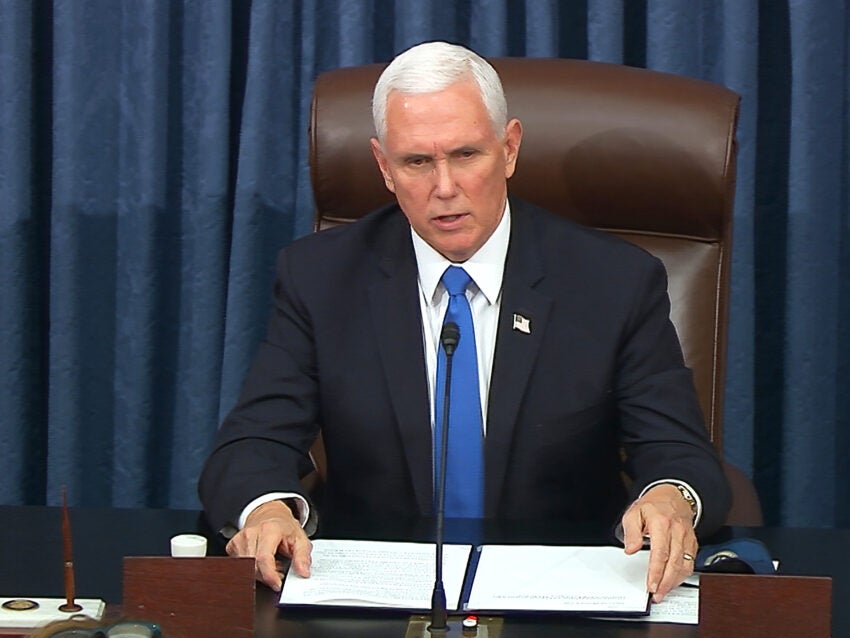Now Reading: China risks a spiral into deeper deflation as it diverts U.S.-bound exports to domestic market
-
01
China risks a spiral into deeper deflation as it diverts U.S.-bound exports to domestic market
China risks a spiral into deeper deflation as it diverts U.S.-bound exports to domestic market

In Shenzhen, China, a woman is seen checking her smartphone while walking past a busy intersection near a Sam’s Club and a McDonald’s on April 12, 2025. The escalating tariffs on U.S. orders for Chinese goods have prompted China to assist exporters in redirecting sales to the domestic market. This shift poses a risk of plunging the world’s second-largest economy into deeper deflation.
Local Chinese authorities and major companies have pledged support to help exporters affected by tariffs sell their products domestically. E-commerce giants like JD.com, Tencent, and Douyin are actively promoting the sale of these goods to Chinese consumers. The Vice Commerce Minister, Sheng Qiuping, emphasized the importance of China’s vast domestic market in helping exporters withstand external shocks.
However, this redirection of goods has sparked intense price competition among Chinese companies. JD.com, for instance, has allocated 200 billion yuan to aid exporters and is offering discounts of up to 55% on goods originally meant for the U.S. market. The surplus of discounted goods may lead to reduced profitability for companies, impacting employment and consumer demand negatively.
The effects of the trade war are evident in China’s economic indicators, with the consumer price index slipping into negative territory and the producer price index experiencing its sharpest decline in months. Economists predict a deepening deflation in China’s wholesale prices due to the impact of tariffs.
As Chinese exporters face challenges in the U.S. market, efforts to sell domestically might only provide temporary relief. The loss of access to the U.S. market has strained Chinese exporters, leading to price wars, thin profit margins, and other difficulties. The situation may force some exporting companies to shut down, while others might operate at a loss to maintain production.
The economic repercussions extend to the labor market, with an estimated 16 million jobs linked to producing goods for the U.S. market. The removal of exemptions for Chinese e-commerce firms shipping to the U.S. and declining cash flow are adding pressure on small and medium-sized enterprises, potentially leading to insolvency and job losses.
Despite calls for increased stimulus to counter the economic challenges, Beijing is likely to wait for concrete signs of economic decline before deploying fiscal measures. Economists believe that Beijing views deflation as a means to support household savings during an economic transition. The ongoing tariff situation remains a concern, with potential impacts on global supply chains and consumer prices.






